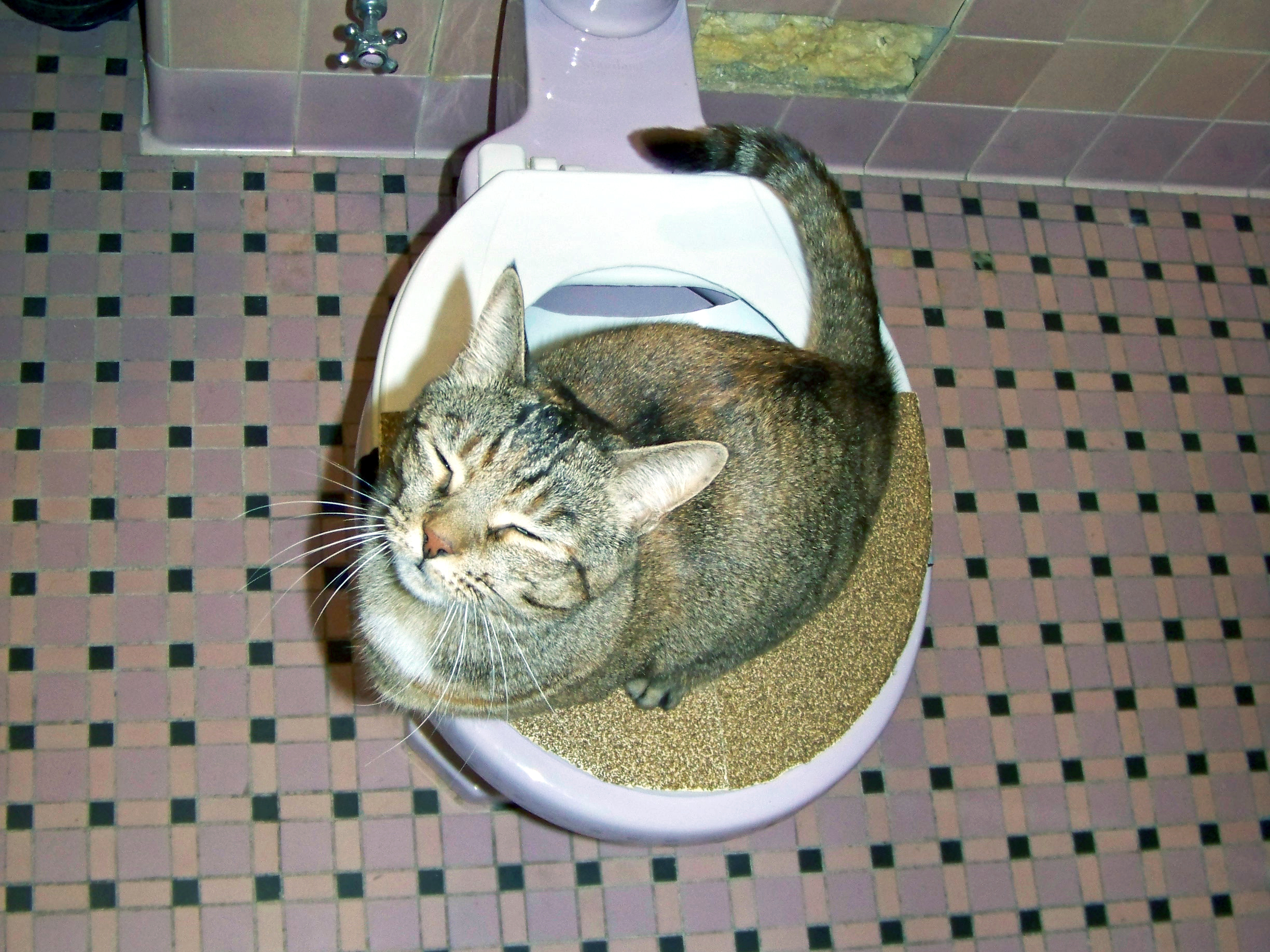Avoid Clogs and Damage: Don't Flush Cat Poop Down Your Toilet - Expert Insights
Avoid Clogs and Damage: Don't Flush Cat Poop Down Your Toilet - Expert Insights
Blog Article
The article listed below pertaining to How to Dispose of Cat Poop and Litter Without Plastic Bags is rather enlightening. Read on and make your own personal assumptions.

Intro
As feline proprietors, it's important to be mindful of just how we throw away our feline pals' waste. While it might seem hassle-free to flush feline poop down the toilet, this method can have detrimental repercussions for both the setting and human health.
Alternatives to Flushing
Luckily, there are safer and much more liable means to deal with feline poop. Take into consideration the following alternatives:
1. Scoop and Dispose in Trash
The most typical approach of disposing of cat poop is to scoop it right into a biodegradable bag and throw it in the trash. Be sure to use a devoted litter scoop and deal with the waste quickly.
2. Use Biodegradable Litter
Opt for biodegradable pet cat clutter made from products such as corn or wheat. These trashes are environmentally friendly and can be safely dealt with in the garbage.
3. Hide in the Yard
If you have a lawn, consider hiding feline waste in a designated location away from vegetable yards and water sources. Make certain to dig deep sufficient to prevent contamination of groundwater.
4. Mount a Pet Waste Disposal System
Purchase an animal garbage disposal system especially created for feline waste. These systems use enzymes to break down the waste, reducing smell and environmental influence.
Health Risks
Along with environmental worries, flushing feline waste can also pose health dangers to human beings. Cat feces may have Toxoplasma gondii, a parasite that can trigger toxoplasmosis-- a possibly severe health problem, specifically for pregnant ladies and people with damaged body immune systems.
Environmental Impact
Flushing feline poop presents unsafe pathogens and parasites into the supply of water, positioning a substantial danger to water environments. These impurities can negatively impact marine life and compromise water quality.
Verdict
Liable family pet ownership expands beyond providing food and sanctuary-- it likewise includes proper waste monitoring. By refraining from flushing pet cat poop down the bathroom and opting for alternate disposal methods, we can reduce our ecological footprint and protect human health and wellness.
Why You Should Never Flush Cat Poop Down the Toilet
A rose by any other name might smell as sweet, but not all poop is created equal. Toilets, and our sewage systems, are designed for human excrement, not animal waste. It might seem like it couldn’t hurt to toss cat feces into the loo, but it’s not a good idea to flush cat poop in the toilet.
First and foremost, assuming your cat uses a litter box, any waste is going to have litter on it. And even the smallest amount of litter can wreak havoc on plumbing.
Over time, small amounts build up, filling up your septic system. Most litter sold today is clumping; it is made from a type of clay that hardens when it gets wet. Ever tried to scrape old clumps from the bottom of a litter box? You know just how cement-hard it can get!
Now imagine just a small clump of that stuck in your pipes. A simple de-clogger like Drano isn’t going to cut it. And that means it’s going to cost you big time to fix it.
Parasitic Contamination
Believe it or not, your healthy kitty may be harboring a nasty parasite. Only cats excrete Toxoplasma in their feces. Yet it rarely causes serious health issues in the cats that are infected. Most people will be fine too if infected. Only pregnant women and people with compromised immune systems are at risk. (If you’ve ever heard how women who are expecting are excused from litter cleaning duty, Toxoplasma is why.)
But other animals may have a problem if infected with the parasite. And human water treatment systems aren’t designed to handle it. As a result, the systems don’t remove the parasite before discharging wastewater into local waterways. Fish, shellfish, and other marine life — otters in particular — are susceptible to toxoplasma. If exposed, most will end up with brain damage and many will die.
Depending on the species of fish, they may end up on someone’s fish hook and, ultimately on someone’s dinner plate. If that someone has a chronic illness, they’re at risk.
Skip the Toilet Training
We know there are folks out there who like to toilet train their cats. And we give them props, it takes a lot of work. But thanks to the toxoplasma, it’s not a good idea.

I discovered that blog posting about Can You Flush Cat Poo or Litter Down the Toilet? while doing a lookup on the web. Do you know about anybody else who is intrigued by Don’t flush cat feces down the toilet? Please feel free to promote it. Thanks for your time. Visit again soon.
Click Here Report this page